No products in the cart.
Goat farming in India has become a lucrative venture for both seasoned farmers and newcomers. With the increasing demand for goat milk, meat, and wool, setting up a bakri (goat) farm offers significant potential for sustainable income. Whether you are an aspiring agri-entrepreneur or an experienced livestock owner, understanding the right steps to start your bakri farm can set you on the path to success. This comprehensive guide will walk you through everything you need to know to set up a profitable goat farm in India, from selecting the best breed to managing your farm’s operations efficiently.
Goat farming in India isn’t just a livelihood; it’s a gateway to sustainable prosperity. With the right knowledge, passion, and strategic approach, a small bakri farm can transform into a thriving enterprise. From selecting the best breeds to mastering nutrition and healthcare, every step shapes a future rich in growth and success. Embrace innovation, respect tradition, and let your goat farm be a testament to self-reliance and progress in Indian agriculture.

Why Choose Goat Farming in India?
Goat farming offers numerous benefits that make it an attractive business venture in India:
High Demand for Goat Products
India is one of the largest consumers of goat meat, also known as mutton, which is a staple in many regions. Moreover, goat milk is also highly valued for its nutritional benefits, particularly among health-conscious consumers. The dairy goat farming industry in India has seen growth, with products like cheese and yogurt gaining popularity.
Low Initial Investment
Compared to other livestock farming ventures, goat farming requires a relatively low initial investment. Goats have a high reproduction rate and can be raised on small plots of land, making them an ideal choice for those with limited resources.
Sustainable Farming Practices
Goat farming aligns well with sustainable agriculture practices, as goats are well-suited for grazing on diverse terrains. They are hardy animals that require less maintenance than other livestock, making them ideal for small to medium-sized farms.
Essential Steps to Set Up a Bakri Farm
Before diving into goat farming, it’s important to plan each step carefully. This ensures that you are not only starting a farm but also building a sustainable and profitable business.
1). Selecting the Right Location
Choosing the right location is the first and most crucial step in setting up your bakri farm. Goats require ample space for grazing and a clean, safe environment to thrive. Here are some key factors to consider:
- Land Size: Ensure you have enough space for goats to graze freely. A 1-acre farm can accommodate around 10-15 goats, depending on the breed.
- Climate: Goats are adaptable animals, but they perform best in moderate climates. Areas with extreme heat or cold may require additional measures for shelter and care.
- Access to Water: Goats need constant access to clean water for drinking and washing. The proximity to a water source is essential.
2). Choosing the Right Goat Breed
Selecting the right breed is vital for the success of your bakri farm. Different breeds of goats have distinct characteristics and are suited for various purposes:
- Meat Breeds: Popular breeds include Beetal, Jamunapari, and Boer goats. These are well-suited for meat production.
- Dairy Breeds: If your focus is on milk production, consider Saanen, Toggenburg, or Jamunapari goats.
- Dual-purpose Breeds: Some breeds, like Beetal and Barbari, can be used for both meat and milk.
3). Setting Up Infrastructure and Housing
Your goat farm setup should include well-constructed housing and infrastructure to ensure the health and comfort of your animals. Here’s what you’ll need:
- Goat Sheds: Goats need shelter to protect them from harsh weather conditions. A simple shed with proper ventilation, light, and drainage will suffice.
- Fencing: Goats are known for their curiosity and can easily escape. Build a strong fence around the farm to keep your goats secure.
- Feed Storage: Store hay, grains, and other feed in a dry, clean area to avoid contamination.
- Milking Area: If you’re planning on dairy farming, a clean and hygienic milking area is essential for high milk quality.
4). Feeding and Nutrition
Proper nutrition is key to the success of your bakri farm. Goats require a balanced diet to remain healthy and productive. Here are some feeding guidelines:
- Grazing: Goats are natural browsers and prefer to graze on shrubs, trees, and grass. Allow them to roam freely in open pastures for the best results.
- Supplementary Feeding: Provide a mix of hay, grains, and minerals to ensure they receive a balanced diet.
- Fresh Water: Ensure that goats always have clean water to consume.
Managing Goat Health and Breeding
Effective management of goat health and breeding practices is crucial for a successful bakri farm. Healthy goats are more productive, so maintaining good care is essential.
1). Health Management
Routine health checks are necessary to prevent diseases and maintain a healthy herd. Key health practices include:
- Vaccination: Regular vaccinations protect against common goat diseases like Peste des Petits Ruminants (PPR) and Brucellosis.
- Deworming: Goats are prone to internal parasites. Regular deworming is vital to keep your herd healthy.
- Foot Care: Goats need regular hoof trimming to prevent foot rot and other hoof-related issues.
2). Breeding Practices
Goats have a high reproduction rate, with most breeds capable of breeding from the age of 6-12 months. Proper breeding practices ensure that you maintain a healthy and productive herd:
- Breeding Season: Most goats breed in the fall, with kidding occurring in the spring. This ensures that the kids are born during favorable weather conditions.
- Record Keeping: Keep detailed records of each goat’s health, breeding, and productivity to make informed decisions for future breeding cycles.
Managing Finances and Profits in Goat Farming
Running a successful bakri farm requires solid financial management to ensure profitability. Here are some tips to keep your farm financially healthy:
1. Investment and Cost Analysis
Estimate your initial investment for land, infrastructure, livestock, and equipment. Calculate the operating costs carefully, including feed, veterinary care, and labor. Use this analysis to plan your budget and set realistic financial goals.
2. Income Streams from Goat Farming
There are multiple ways to earn from a bakri farm:
- Meat Sales: Selling goat meat (mutton) is a significant income source.
- Milk Sales: If you are into dairy farming, goat milk can be sold directly to consumers or to dairy processors.
- Offspring Sales: Selling healthy kids or breeding stock can provide additional income.
Let’s Get Started: Taking the First Step Towards Your Goat Farming Venture
Starting a bakri farm in India is an exciting and profitable opportunity. By following the steps outlined in this guide—selecting the right breed, providing proper care, and managing finances effectively—you can set up a sustainable goat farming business. Always stay updated with the latest farming practices, seek advice from experienced goat farmers, and be committed to quality and care.
For more insights on goat farming, check out our articles on Commercial Goat Farming in India: Business Model, Investment & Profits and Beetal Goat Farm Feeding Guide: What to Feed for Maximum Productivity.
For more insights on goat farming, check out our articles on Commercial Goat Farming in India: Business Model, Investment & Profits and Beetal Goat Farm Feeding Guide: What to Feed for Maximum Productivity.
Related posts
Posted on: January 4, 2026
Alpine Goat Breed Complete Guide: Characteristics, Milk Production & Dairy Farm Care in India
Posted on: May 24, 2025
🐐 Why Choosing the Right Goat Breed Matters in India
Posted on: May 5, 2025
Goat Farm Plan: Space, Infrastructure & Feeding Guide for Beginners
Posted on: April 5, 2025
Beetal Goat Farming Success: Profitable Strategies for Rural India
Posted on: March 25, 2025
Goat Growth Time: How Long Does it Take for Beetal, Alpine & Saanen Goats to Mature?
Posted on: March 22, 2025


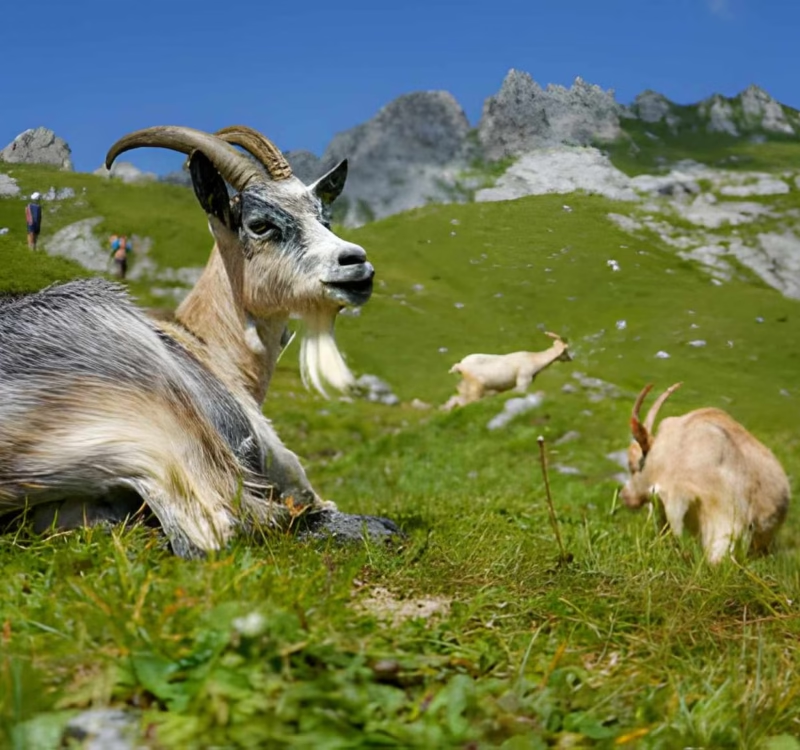
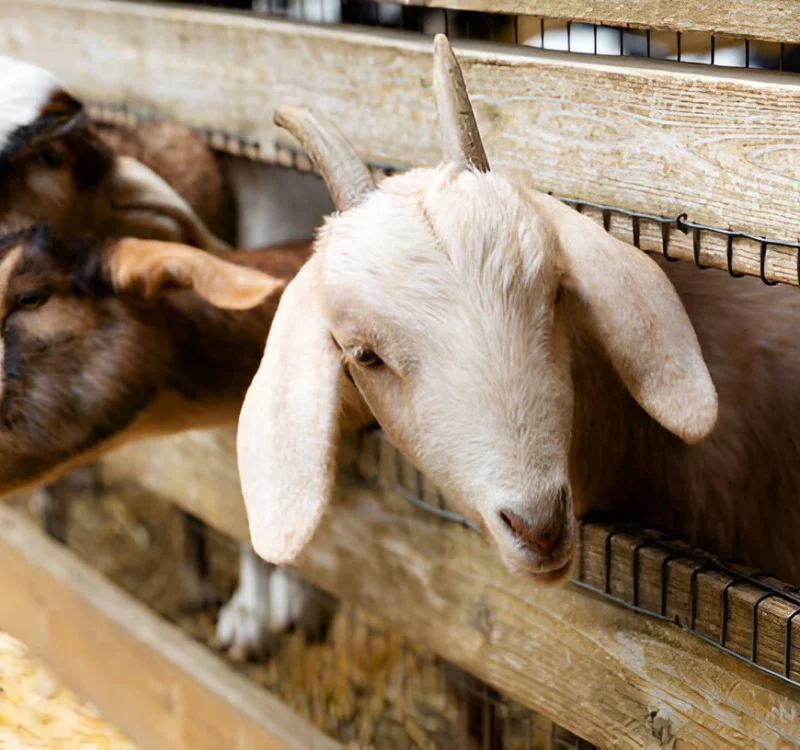
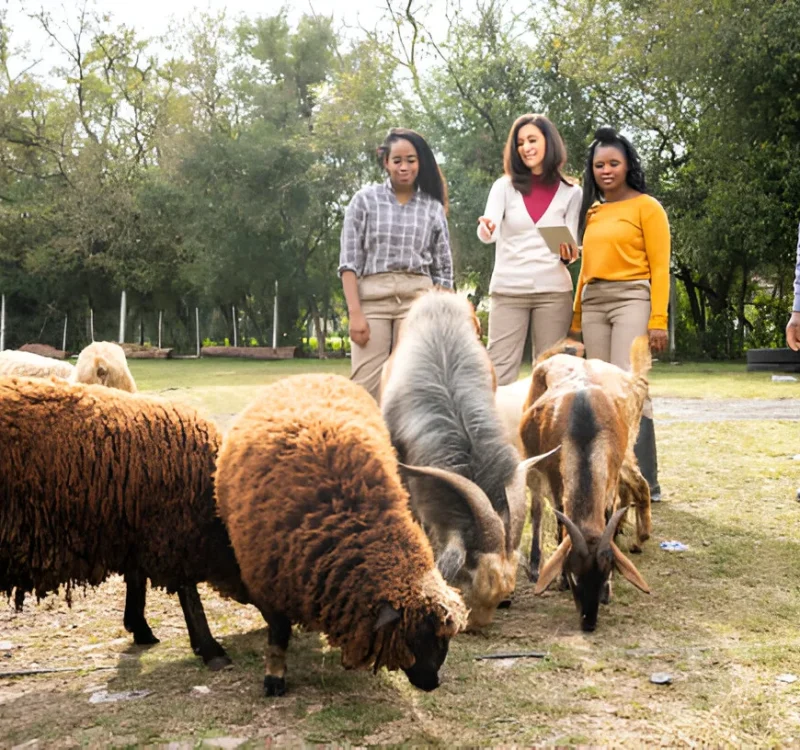
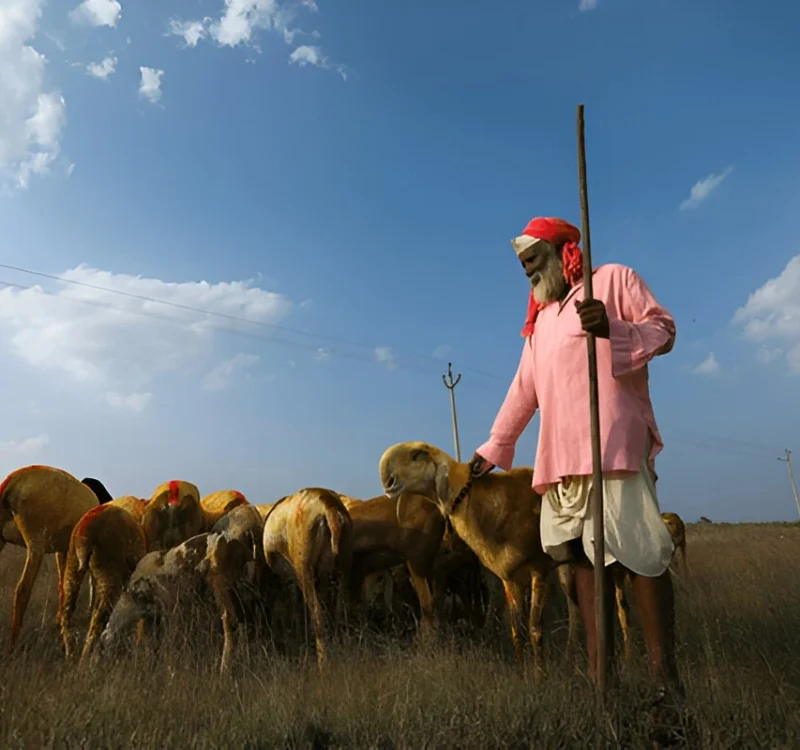
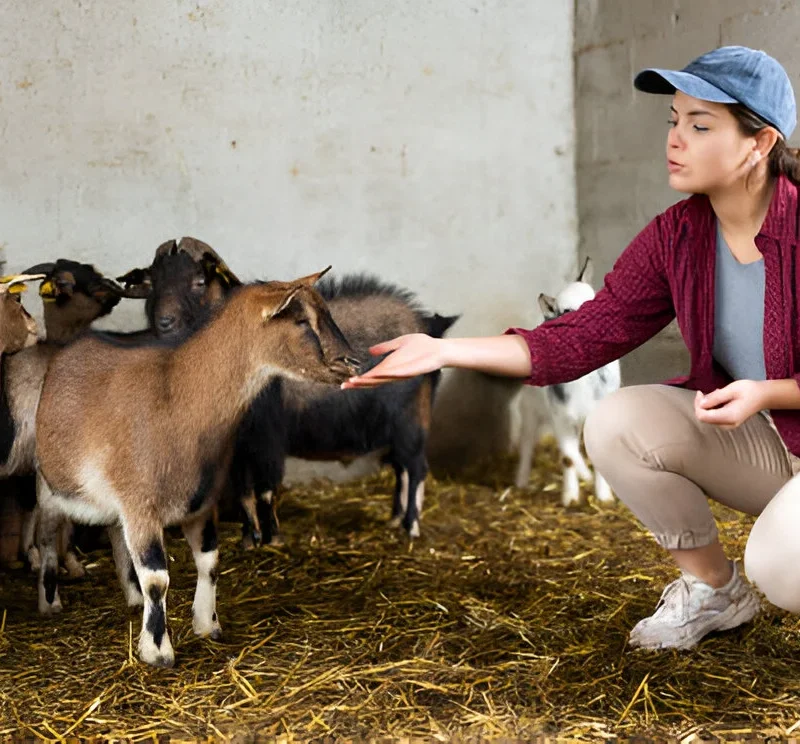
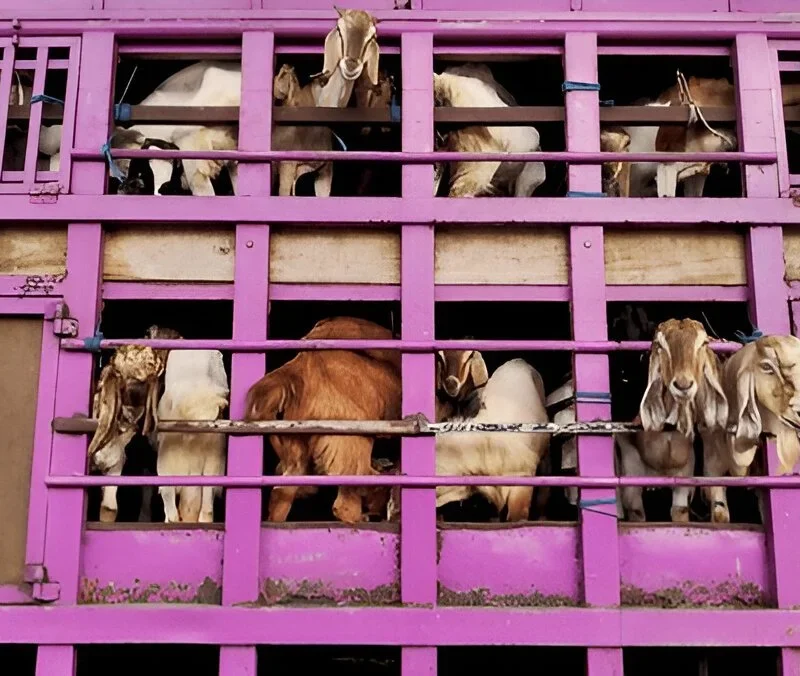








Comments (2)
Naresh manghnani
Would like to hv advise for Goat farming.
I hv 6 acre land at kasara maharastra
Aartie Girri
Hello Naresh,
Goat farming is a profitable and sustainable business, and having 6 acres in Kasara, Maharashtra, gives you a great start! To succeed, focus on choosing the right breed—such as Osmanabadi, Sirohi, Beetal, Jamunapari, or Boer Goats, depending on your goals (meat, milk, or breeding). Ensure proper housing with well-ventilated sheds, a nutritious diet including green fodder and supplements, and regular health check-ups to prevent diseases. Understanding market demand and developing a business plan will help you maximize profitability. If you need expert advice on breed selection, farm setup, or marketing strategies, feel free to ask!